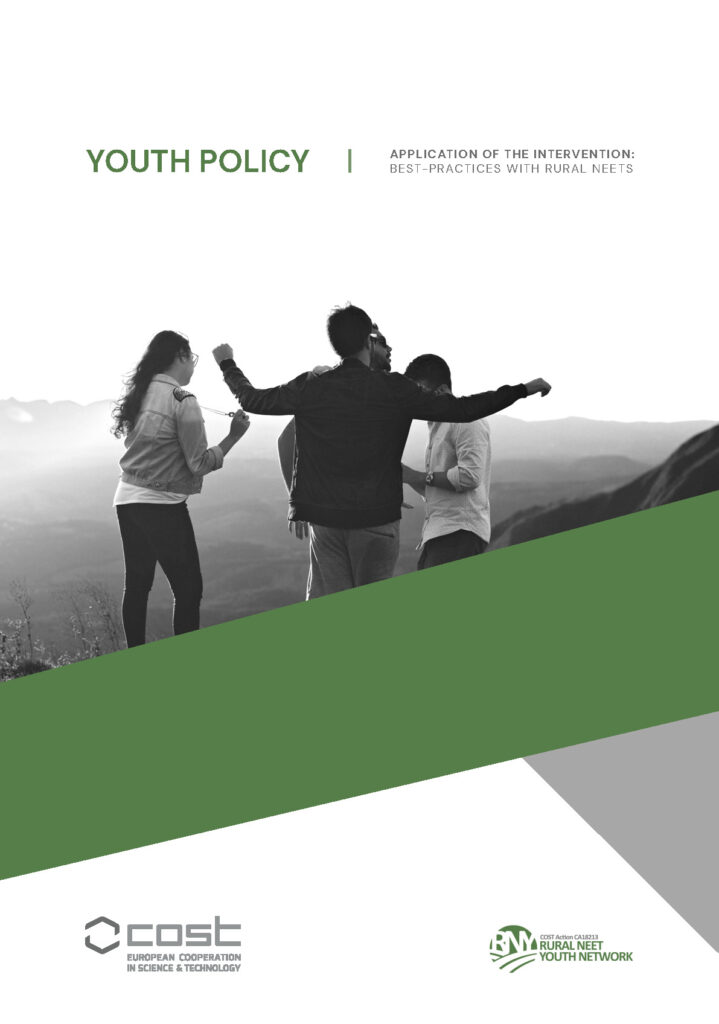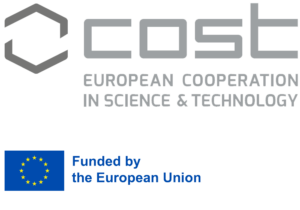Book “Youth Policy Application of the Intervention: Best-Practices with Rural NEETs”
ISBN: 978-989-781-592-8
EDITORS
- Štefan Bojnec – stefan.bojnec@siol.net
University of Primorska
Faculty of Management – Slovenia - Claudia Petrescu – claudia.petrescu@iccv.ro
Romanian Academy – Research Institute for Quality of Life – Romania
INTRODUCTION: STRATEGIES, POLICIES, PROGRAMS AND PROJECTS FOR YOUTH RURAL NEETS
ŠTEFAN BOJNEC
CLAUDIA PETRESCU
Relatively few studies have investigated the strategies, policies, programmes, and projects concerning rural NEETs (namely, young people living in rural areas neither in employment nor in education or training). This special issue of Quality of Life Journal is dedicated to fulfilling this gap in the literature. It contributes case studies from European Union (EU) member states. The primary purpose of this special issue is to approach and discuss the various strategies, policies, programmes, and projects applicable to youth rural NEETs.
This special issue edition has sought to gather research papers (or critical, theoretical analysis on selected topics) covering NEETs strategies, policies, measures, programmes, and projects. These highlight the success factors and scope for transferability of good (or, how to avoid bad) practices. To that end, they examine pertinent labour market and NEET situations which can help to explain the context, reasons, and baseline for the various strategies and policy measures being implemented. They also cover assessment of NEET strategies by focusing on formal education, training and skills
development, and active employment policies, in particular the role of Youth Guarantee in local/rural employment. Various other relevant factors are considered/examined, including: assessment of the NEET policy measures and results; objectives, target groups, geographical and sectoral scope in different economic activities, financial, legal and institutional frameworks; results and lessons learned, including adaptations due to crisis; domestic and international programmes, as well as numerous projects and instruments; difficulties and constraints; and, finally, assessment of the success factors and transferability of projects and strategies thereof.
![]()


